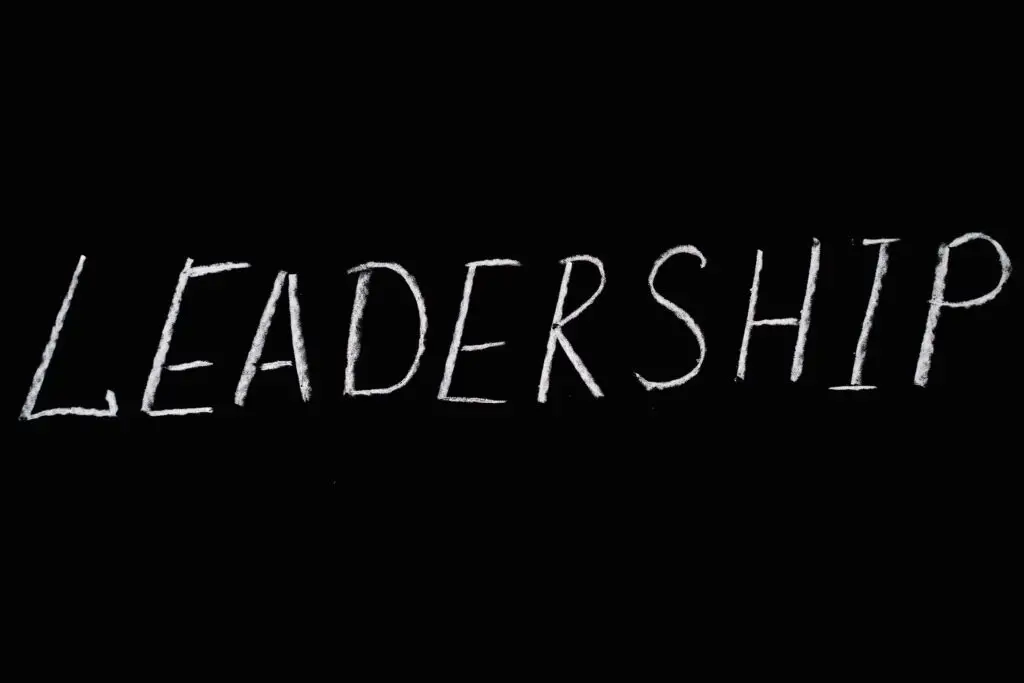Unveiling Wisdom Through Classic Words
In the realm of literature, amidst the tapestry of stories spun by creative minds, lie gems of wisdom echoing the nuances of leadership. Classic novels and plays, beyond their entertainment, often harbor profound insights into the essence of leadership—its trials, triumphs, and timeless lessons. Delving into the pages of renowned works, one uncovers a treasury of quotes that transcend time, illuminating the very essence of leadership. Here, we embark on a journey through forty inspiring quotes from classic literature, unraveling the multifaceted nature of leadership through the eyes of iconic characters and their creators.

Vision and Purpose:
Guiding Lights of Leadership
Vision and purpose emerge as luminous threads, weaving the fabric of true leadership. F. Scott Fitzgerald’s “The Great Gatsby” whispers timeless truth through Jay Gatsby’s words: “Can’t repeat the past? Why, of course you can!” This resolute declaration embodies the audacity of visionary leadership, challenging conventional limits. Similarly, Leo Tolstoy, in “War and Peace,” imparts wisdom through Prince Andrei Bolkonsky: “The two most powerful warriors are patience and time.” This insight underscores the significance of patience in steering towards a grander vision, acknowledging time as a steadfast ally rather than a foe.
Resilience:
Fortitude Amidst Adversity
Resilience, a hallmark of effective leadership, resonates in the words of Victor Hugo’s “Les Misérables”: “Even the darkest night will end and the sun will rise.” Jean Valjean’s enduring spirit encapsulates the essence of resilience, navigating through life’s tempests with unwavering optimism. Jane Austen, in “Pride and Prejudice,” reflects this sentiment through Elizabeth Bennet: “I am determined that nothing but the very deepest love will induce me into matrimony.” This resoluteness unveils the strength to defy societal norms, exhibiting resilience in the pursuit of authentic convictions.
Integrity:
The Moral Compass of Leadership
Integrity, the cornerstone of virtuous leadership, finds resonance in the words of Harper Lee’s “To Kill a Mockingbird”: “You never really understand a person until you consider things from his point of view.” Atticus Finch’s sagacity imparts the essence of empathy, advocating for integrity through understanding and compassion. Equally poignant are the words of Herman Melville’s “Moby Dick”: “Call me Ishmael.” This seminal phrase exemplifies the courage to assert one’s identity amidst societal expectations, epitomizing integrity in self-definition.
Adaptability:
Navigating the Winds of Change
Adaptability, a trait inherent to effective leadership, resonates in the words of Charles Dickens’ “A Tale of Two Cities”: “It was the best of times, it was the worst of times.” This juxtaposition captures the essence of adaptability, embracing change amidst contrasting circumstances. Mark Twain, in “The Adventures of Tom Sawyer,” echoes this sentiment: “The secret of getting ahead is getting started.” This embodies the adaptability to embark on new journeys, acknowledging the transformative power of taking that initial step.
Empowerment:
Fostering Growth and Collaboration
Empowerment, a catalyst for collective growth, echoes through Louisa May Alcott’s “Little Women”: “I am not afraid of storms, for I am learning how to sail my ship.” Jo March’s proclamation embodies empowerment, embracing challenges as avenues for personal growth. William Shakespeare, in “Henry V,” encapsulates this sentiment: “We few, we happy few, we band of brothers.” These words symbolize empowerment through unity, fostering a spirit of collaboration and resilience against adversity.
Influence and Inspiration:
Catalyzing Change
Influence and inspiration, the twin pillars of impactful leadership, echo through the pages of Mary Shelley’s “Frankenstein”: “Beware; for I am fearless, and therefore powerful.” The Creature’s assertion encapsulates the potential of influence, illustrating the power it holds when wielded fearlessly. Shakespeare’s “Hamlet” contributes to this discourse: “This above all: to thine own self be true.” These words unravel the essence of inspirational leadership, advocating authenticity as the core tenet for effecting meaningful change.
In the symphony of classic literature, the voices of iconic characters and their creators resonate, weaving a narrative tapestry rich with leadership insights. Each quote, a timeless gem, unveils layers of wisdom, guiding the pursuit of effective leadership. Through vision, resilience, integrity, adaptability, empowerment, influence, and inspiration, these classic words transcend the pages they inhabit, etching themselves into the annals of leadership philosophy for generations to come.
